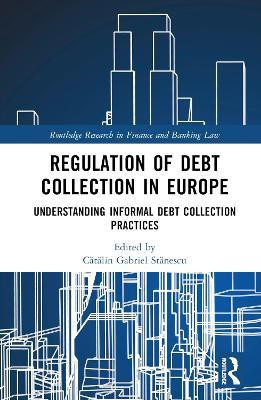Regulation of Debt Collection in Europe(English, Hardcover, unknown)
Quick Overview
Product Price Comparison
Due to the absence of due process and other procedural guarantees generally offered by judicial enforcement, informal debt collection practices (IDCPs) can become abusive, harming both consumers and the economy by threatening consumers' physical, psychological, and economic wellbeing; exposing lawabiding debt collectors to unfair competition; undermining the financial system; and negatively impacting social peace by resorting to criminal activity. The need to control and harmonize IDCPs surfaced in connection with the European Commission's Action Plan to tackle the high level of non-performing loans caused by the financial crisis and the Covid-19 pandemic -specifically the Proposal for a Directive on Credit Servicers, Credit Purchasers, and the Recovery of Collateral (CSD). Harmonizing the regulation of abusive IDCPs is vital for several reasons. First, IDCPs have a cross-border dimension due to the freedom of movement, enabling debt collection operations across the internal market. Second, the internal market's size amounts to over 450 million citizens potentially exposed to abusive IDCPs. The regulatory frameworks addressing IDCPs in the E.U. display divergent characteristics that may be difficult to navigate and require creating a level-playing field for consumers and debt collectors, especially when approaches vary at Member State level. This book addresses this gap by providing a comprehensive guide to regulating informal debt collection practices in eight Member States of the E.U. and the United Kingdom (U.K.). It serves as a comparative law instrument for implementing the recently adopted CSD. It will be important reading for students, academics, and stakeholders with an interest in debt collection practices and the law.


